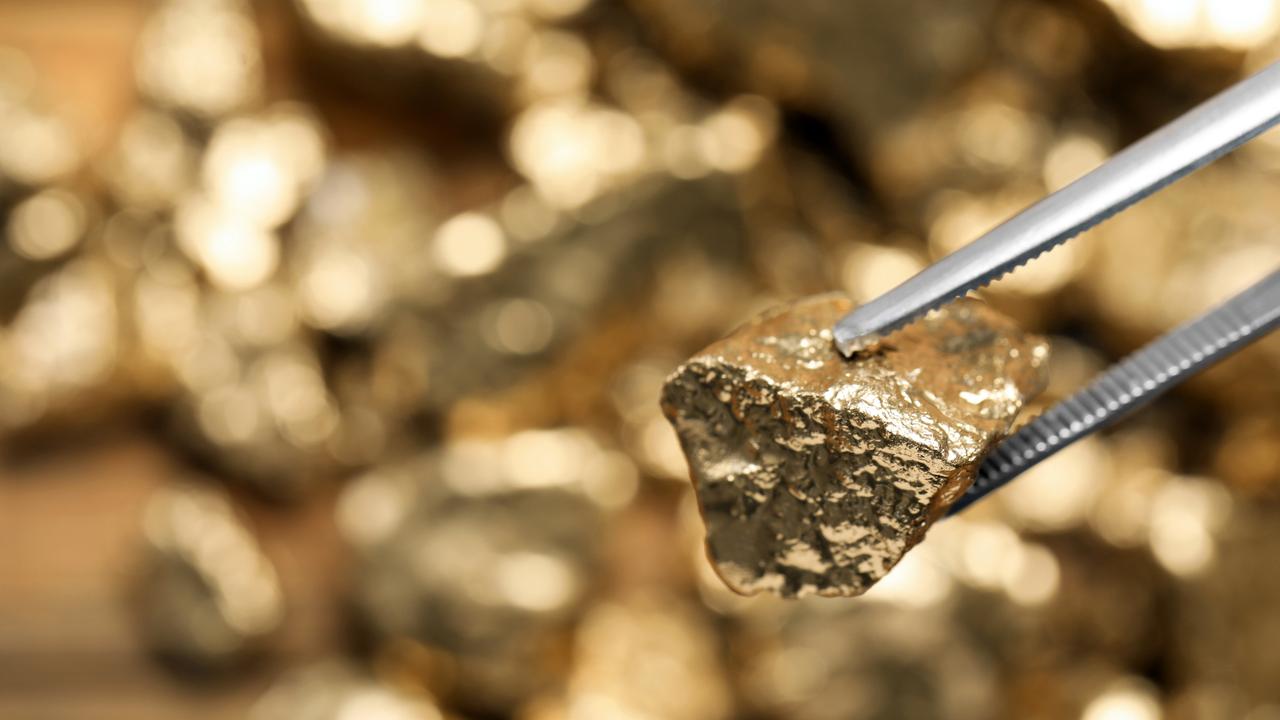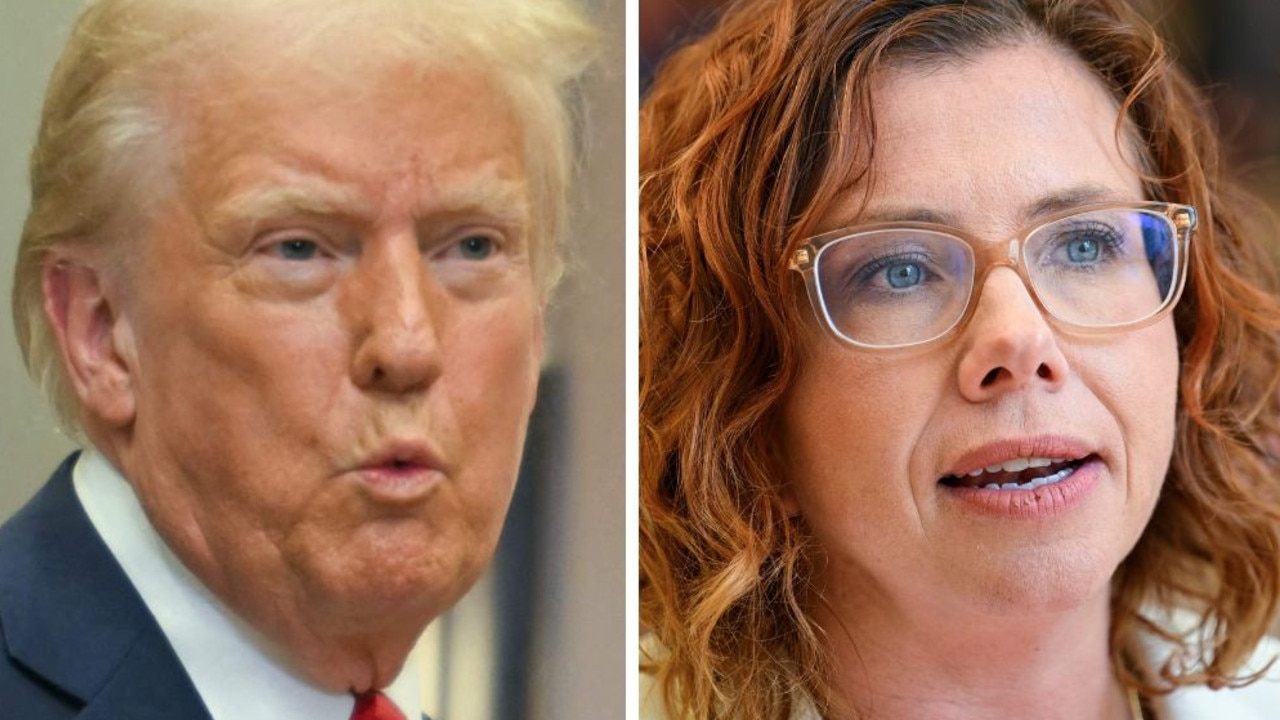Rio Tinto chair to step down over Juukan Gorge cave blast scandal, says he’s ‘accountable’
The chair of Rio Tinto will step down next year, saying he’s ‘ultimately accountable’ for the mining giant destroying sacred Indigenous caves in Western Australia.
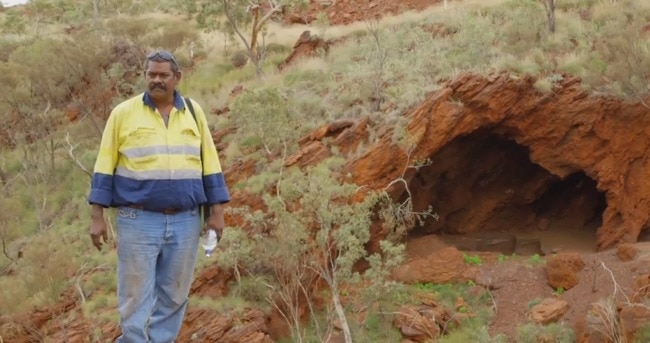
Rio Tinto’s chairman has decided to exit the mining giant after the destruction of sacred Indigenous caves in Western Australia caused widespread outrage, conceding he is “ultimately accountable for the failings”.
In a statement to the Australian Securities Exchange on Wednesday, Simon Thompson announced he would step down from the board and not seek re-election at the company’s 2022 annual general meeting.
Mr Thompson said the destruction of the Juukan Gorge caves in the Pilbara region last year, which devastated the Puutu Kunti Kurrama and Pinikura people, had “overshadowed” the miner’s successes.
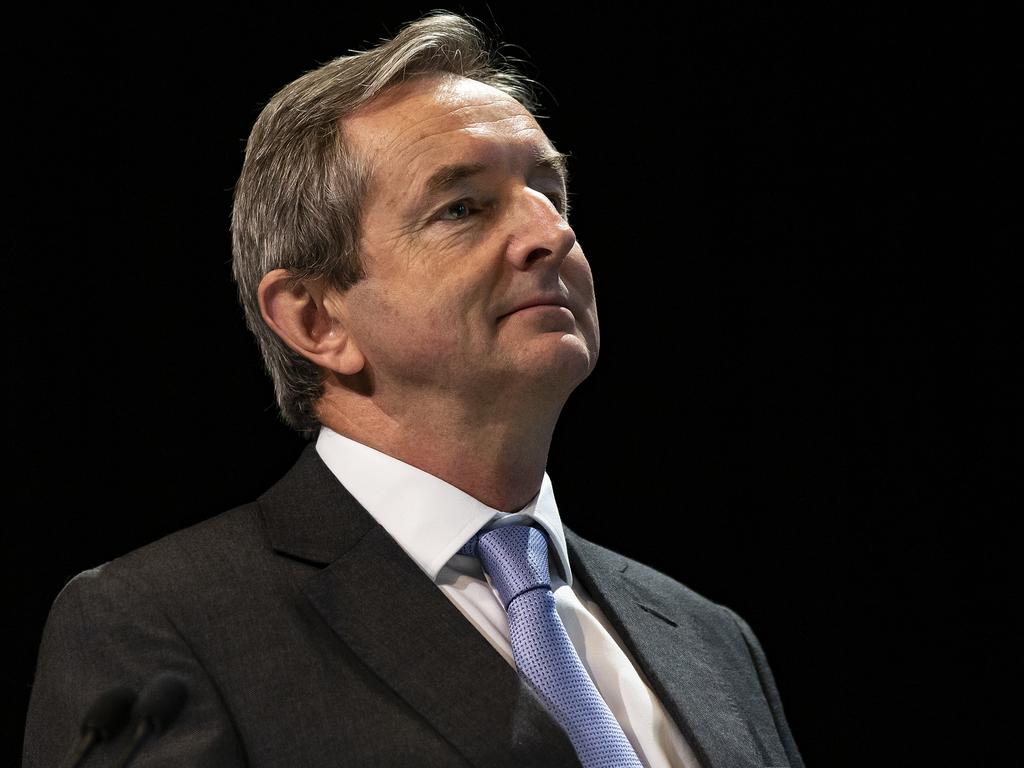
The 46,000-year-old rock shelters were detonated to access an estimated $135m worth of iron ore at the Brockman 4 project in May.
A parliamentary inquiry found Rio Tinto made a deliberate decision to choose the only one of four mine expansion options that involved destroying the caves despite having previously recorded their cultural significance.
The miner had even publicly acknowledged it, with former iron ore boss Andrew Harding describing the site as “most significant” at the “Colours of Our Country” Aboriginal art exhibition in Perth in 2014.
“I am ultimately accountable for the failings that led to this tragic event,” Mr Thompson said in statement.
“Throughout my seven years on the Rio Tinto board, I have endeavoured to promote a progressive environmental, social and governance agenda.
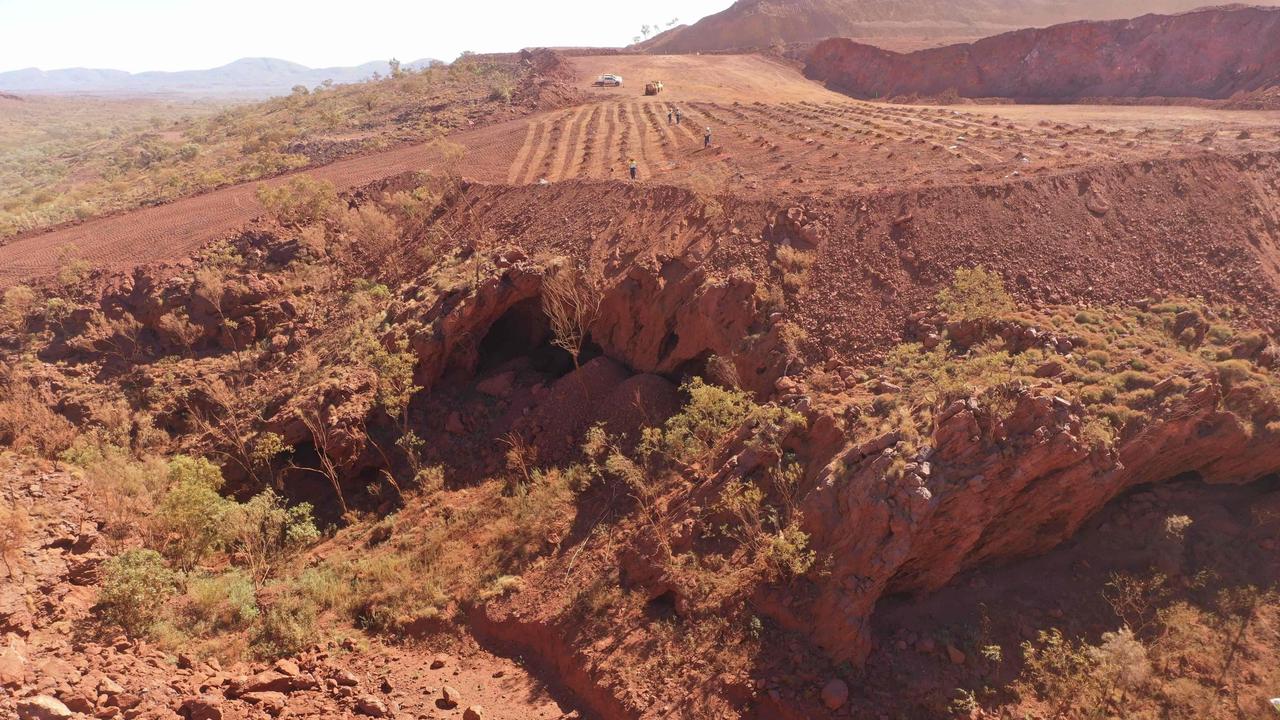
“While I am pleased with the progress we have made in many areas, the tragic events at Juukan Gorge are a source of personal sadness and deep regret, as well as being a clear breach of our values as a company.”
Directors Sam Laidlaw and Simon McKeon are spearheading the search for a new chair.
The cave blasts have already prompted an overhaul in the company’s senior management, with the biggest scalp being former chief executive Jean-Sebastien Jacques, who was replaced by Jakob Stausholm in January.
Mr Stausholm had “moved swiftly to appoint his new executive team and has identified his key priorities to rebuild the trust that we have lost”, Mr Thompson said.
The miner was slammed for its initial apology as it was only for causing “distress” to the PKKP, but it later apologised unreservedly and is now on the long road to making amends.

But that process was dealt a blow last month when the PKKP found out Rio Tinto had replaced its interim iron ore chief executive Ivan Vella – who headed up efforts to repair relations after his predecessor Chris Salisbury stepped down over the scandal in September – through media reports and not directly.
They said they were previously told that Mr Vella would personally oversee the relationship and wrote a scathing letter to the mining giant, complaining they had been misled.
The global company has also been criticised for not having enough Australian representation on the board or senior management, despite the bulk of its operations occurring in the southern hemisphere.
Non-executive director Michael L’Estrange has also announced he will retire from the board after the 2021 annual general meeting.
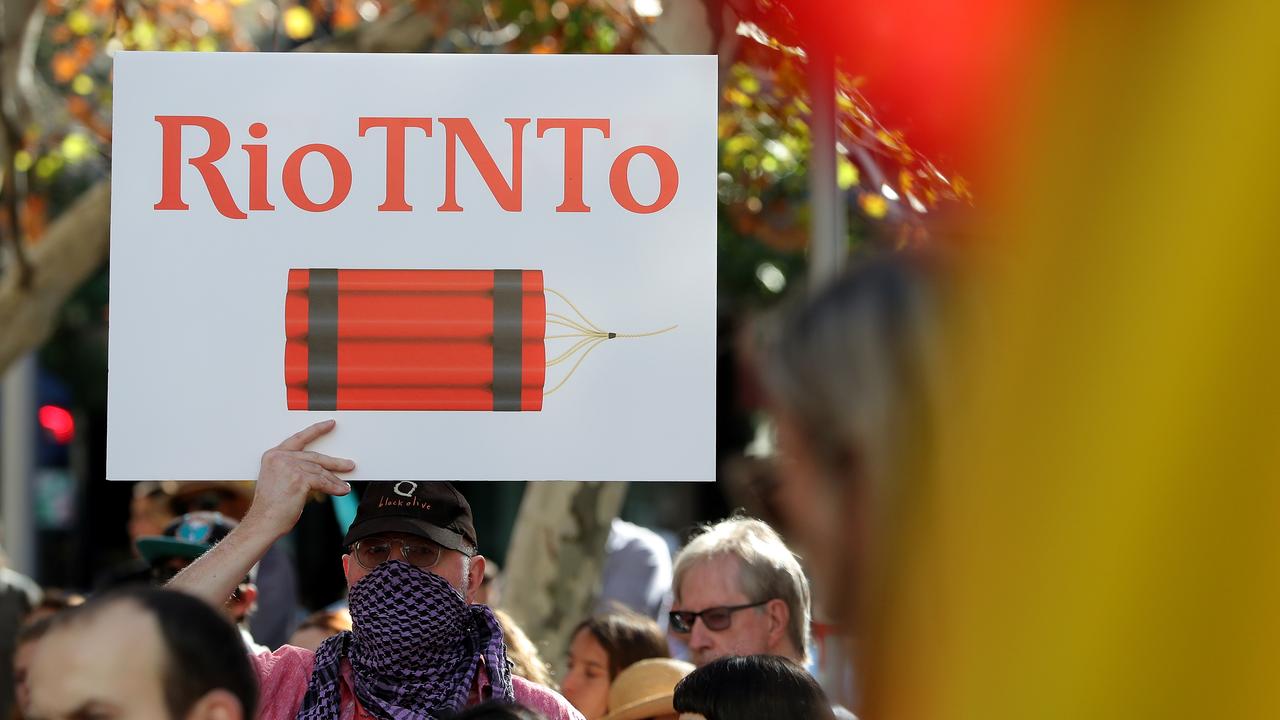
Mr Thompson said Mr L’Estrange had decided to reduce his workload following significant surgery last month.
Australian Council of Superannuation Investors chief executive Louise Davidson said the board changes were a welcome step towards the company rebuilding relationships with traditional owners, but there was more to be done.
“Investors would like to see the board increase its connection with Australian operations and communities,” Ms Davidson said.

